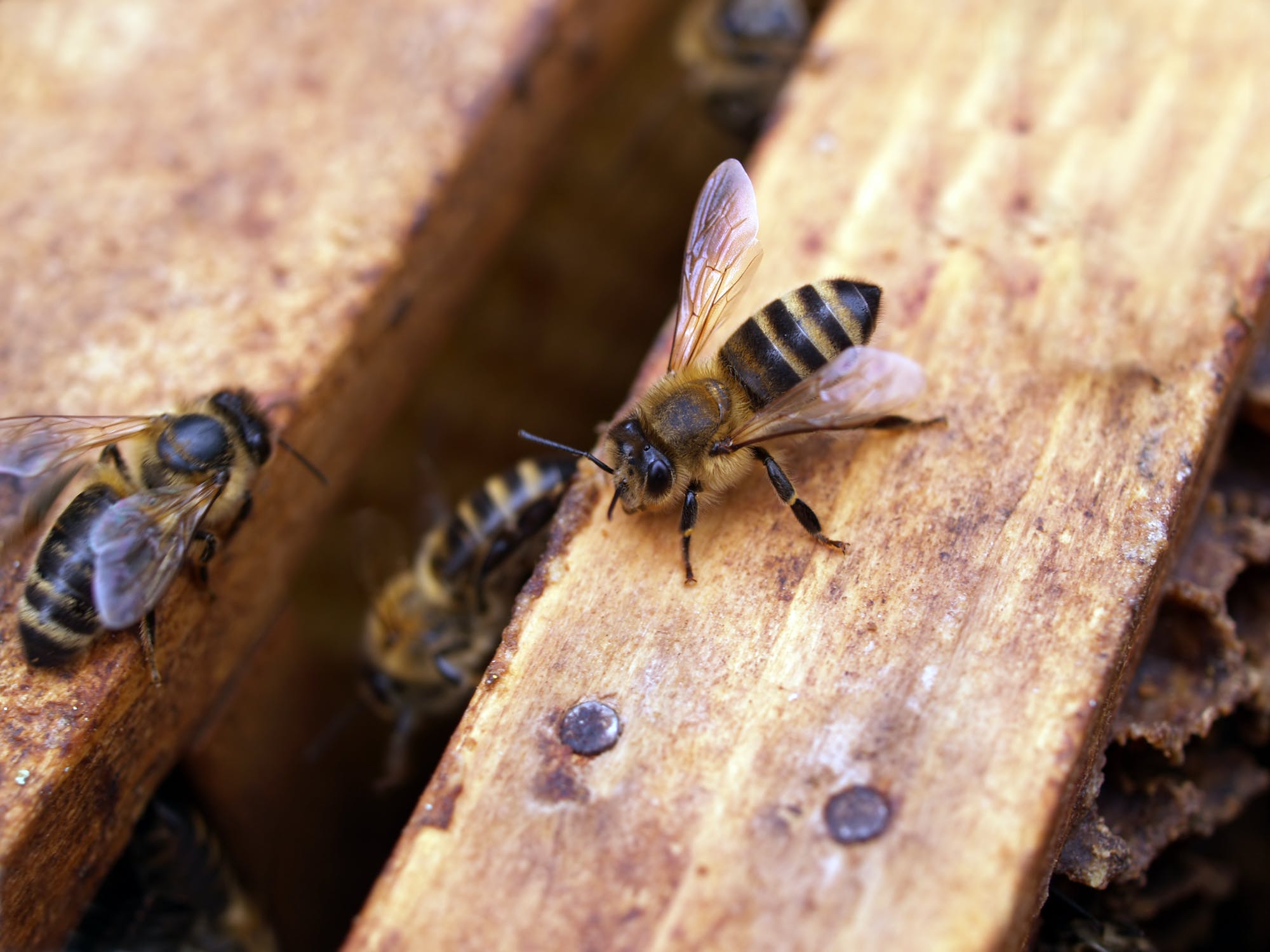The Department of Agriculture National Science Foundation has granted $2.2 million to three US colleges to establish and lead the new Center for Environmental Sustainability.
Researchers from Indiana University–Purdue University Indianapolis (UIPUI), Mississippi State University (MSU), and Texas A&M AgriLife Research will work together to explore insect farming for food and feed to address climate change and shrinking food supplies caused by overpopulation.
The new center will also be utilized to establish partnerships with more than 30 companies, including major food suppliers, to develop effective techniques for insect farming.
According to IUPUI associate professor Christine Picard, the multimillion-dollar project will explore alternative protein sources that are also environmentally sustainable. “Our mission is to address the key research needs of industry using our expertise, and to work collaboratively toward shared goals of growth of this unique industry,” she said in a press release.
Through the new facility, researchers will study insects’ ability to convert agricultural byproducts into protein, potentially reducing or eliminating the use of organic waste in farming.
Addressing Climate Change, Food Shortages
The Food and Agriculture Organization of the United Nations has projected that traditional agriculture will fall short of global food supply needs by about 40 percent by 2050. Experts say insect farming is the most practical, economical, and environmentally sustainable alternative for producing protein.
Additionally, researchers will utilize insect farming to produce food for direct human consumption or as feed for animals.
Department of Entomology researcher Jeff Tomberlin explained that people are maxing out earth’s resources, causing agricultural production to face a serious threat. “Insect farming has the potential to relieve some of the pressure on our increasing agro-industrial systems across the globe,” he stated.
Meanwhile, Picard explained that using insects for agriculture can limit factors that negatively impact the environment since insect farming uses less land and water for production and reduces greenhouse gas emissions. She also said that this type of farming will protect the oceans and improve land and air quality.



